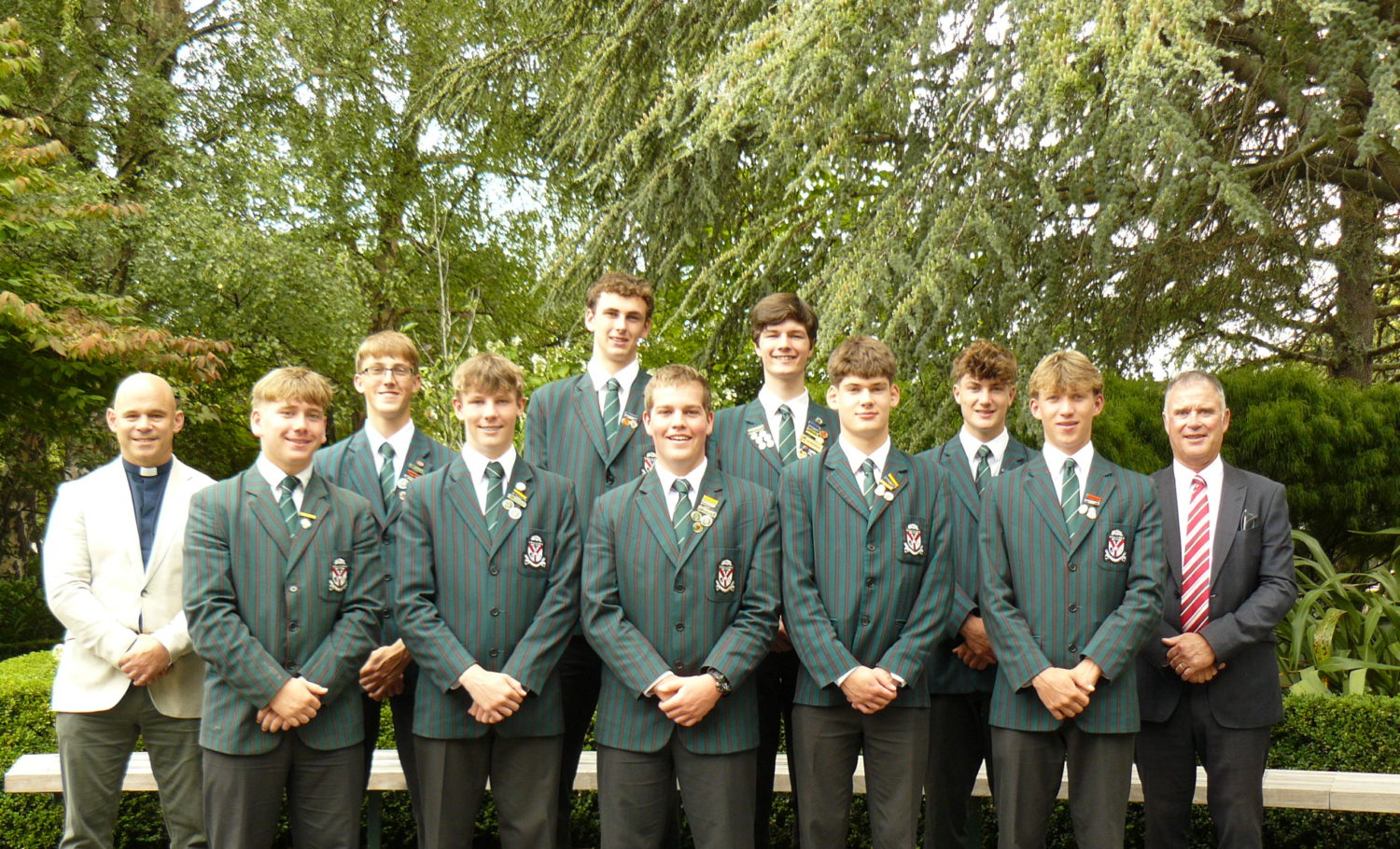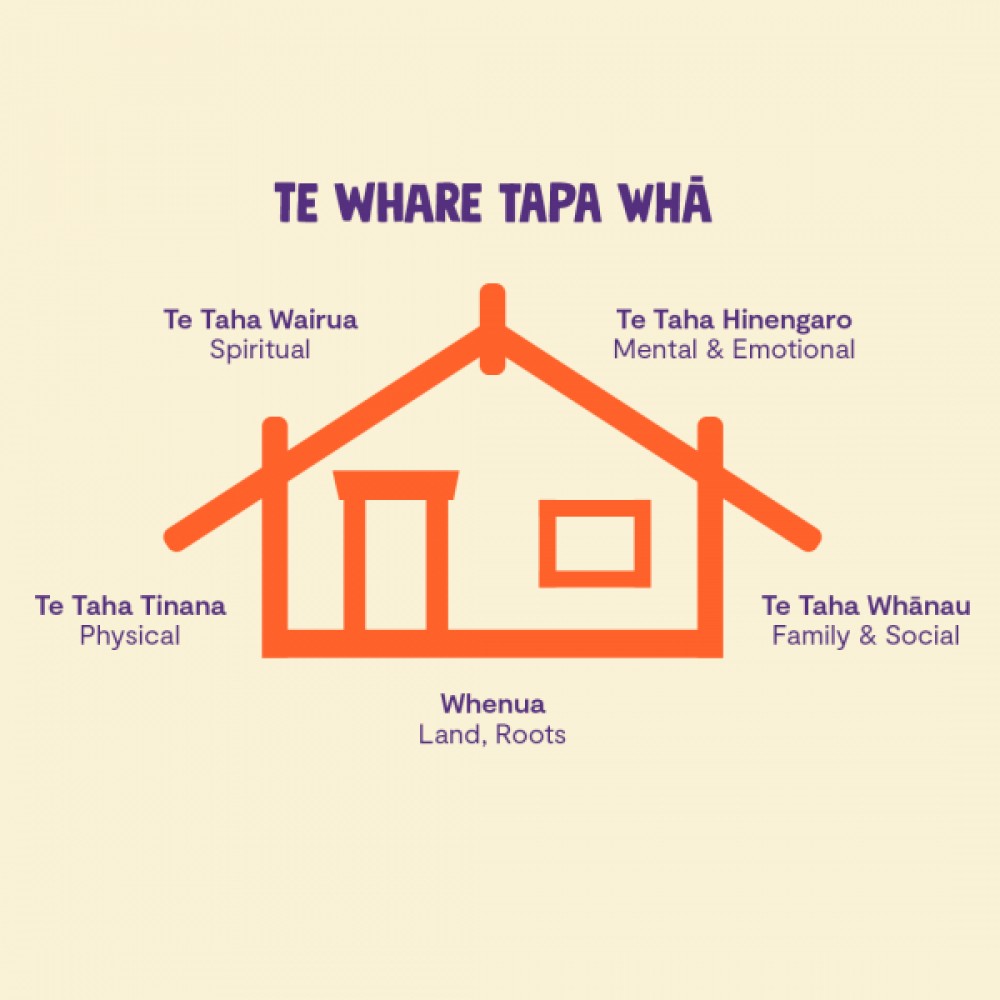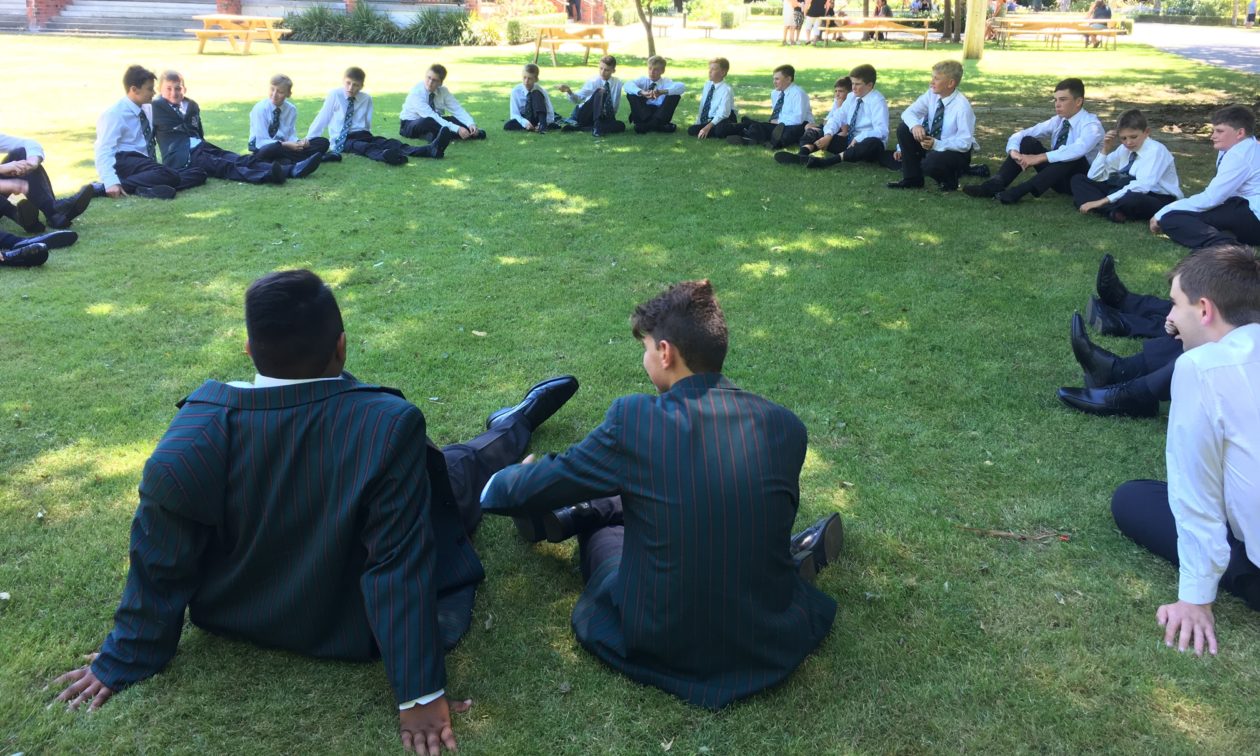The programme aims to:
- Raise self-esteem and confidence in Year 9s at a time when they are most vulnerable.
- Build a network of personal support for young people in the school with senior students
- Develop leadership skills in senior students
The following are some of the skills previous Year 9s indicated they gained from the programme:
- communication skills
- respect for others
- getting to know the other year nines and the leaders
- students also indicated that they enjoyed the activities and had a lot of fun
Peer Supporters interacted with the Year 9s on Orientation day doing “Getting to know you” activities, having dinner with them and taking them on an orientation tour of the school. They will follow a programme with the Year 9s for 12 more weeks covering the following topics:


